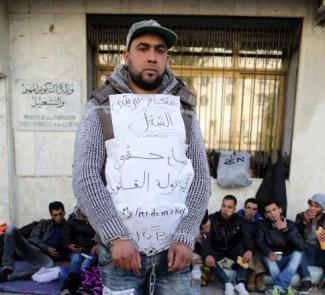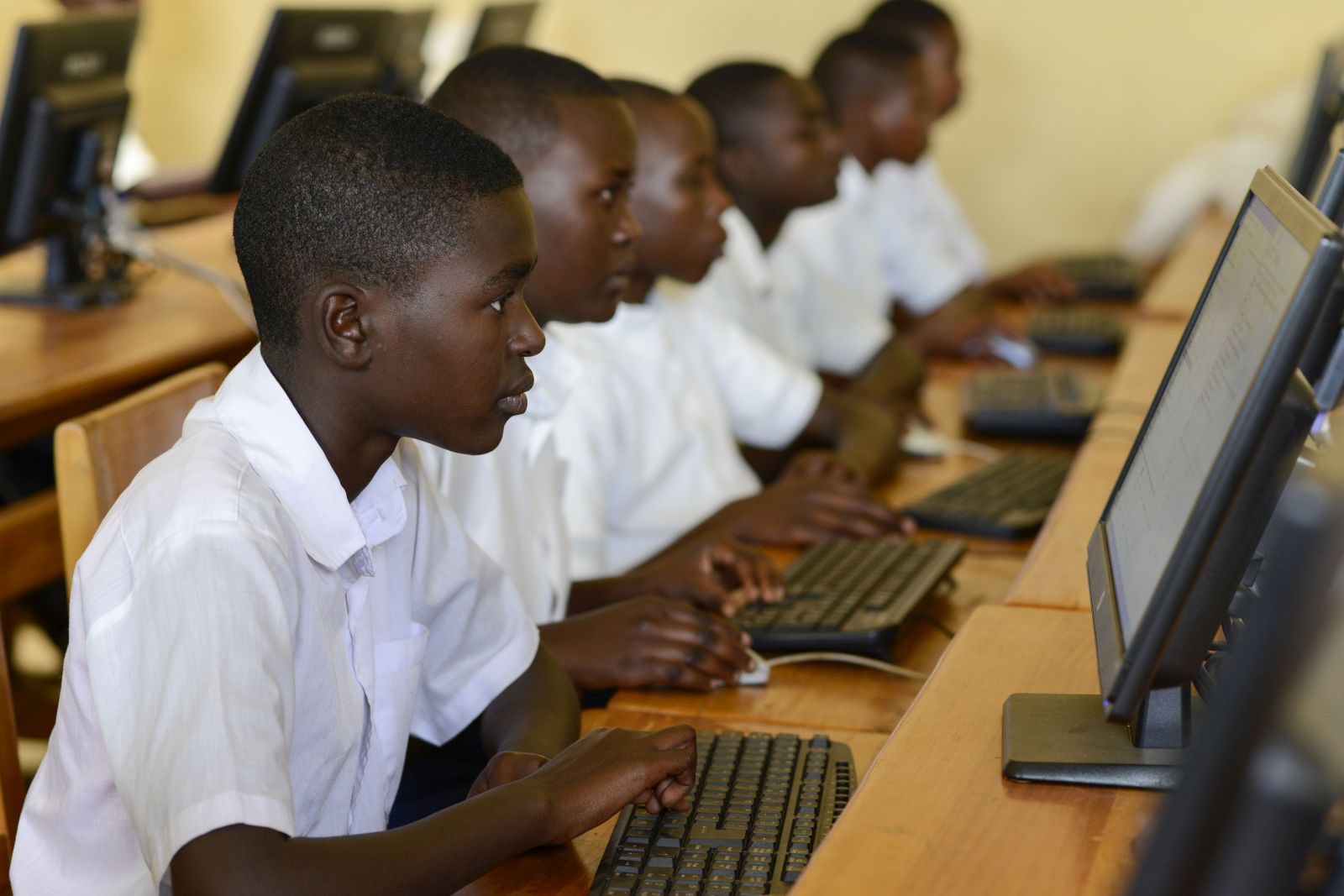Comment
Maghreb at risk

More than six years ago, the Arab spring began in a provincial town in Tunisia and quickly spread to the entire Arab world. Millions of people took to the streets to protest against injustice, despotism and corruption. Europe applauded, and hopes were high for a democratic transformation.
Today, however, Tunisia is the only Arab country that managed to not only overthrow a dictatorship, but replaced it with an operational democracy.
In Morocco, the King held onto power by introducing selected reforms. In Algeria, uprisings were limited, since people were still too exhausted from almost a decade of civil war in the 1990s. In Libya, the state collapsed, posing risks to the entire region. Global attention was fast distracted from the Maghreb as escalating violence in Syria and Iraq seemed more important.
In the meantime, people from the Maghreb have perpetrated terrorist violence in Europe. These attacks made it evident that something is brewing in North Africa that directly threatens European security.
The social conditions that led to mass protests in 2011 remain unchanged. In fact, Tunisia is economically worse off now than it was in 2011. Tourism is Tunisia’s most important industry, but in view of worsening security, fewer tourists are coming. A sense of hopelessness prevails in Tunisia, Algeria and Morocco due to extremely high youth unemployment. Corrupt state authorities compound the problems.
The governments did introduce some reforms, but their commitment was only half-hearted. The fear of new uprisings is great. The Algerian government, for example, is shying away from implementing tax reforms and reducing the food and fuel subsidies it can hardly afford. In Tunisia, a reform of public administration is failing because the government is afraid of reducing the extremely high number of civil servants.
Meanwhile, the people’s problems are getting worse. Frustration is vented again and again in mass protests. The most severe social unrest since 2011 rocked Tunisia in January 2016. Morocco and Algeria also saw violent clashes between demonstrators and police. The rallies were triggered by the reduction of subsidies for goods that matter in daily life as well as by authorities’ abusive behaviour. That protests escalate further is only a matter of time. With ISIS, the civil wars in the Middle East and the chaos in Libya, the political situation in the greater region is even more explosive today than it was before the Arab spring,
Nonetheless, the policies adopted by the EU and its member states in regard to the Maghreb are primarily marked by domestic concerns. The focus is on sending asylum seekers and criminal offenders back to where they came from. European policymakers are interested in bilateral readmission agreements and the establishment of refugee camps in North Africa. In return, the EU suggests that cooperative governments will get more development aid. At the same time, it threatens to cut aid to countries that do not cooperate.
It is certainly legitimate for European diplomats to take domestic concerns into account. However, it would be short-sighted to dismiss the risks that an economically weakened and politically fragile Maghreb will pose. To tackle the issues, concerted action by the EU and its member states – above all Germany and France – is needed. The ticking social time bomb must be defused.
To support sustainable development and inclusive economic growth, a mix of instruments is required. It exceeds development aid. The EU, after all, is by far the biggest trading partner of the three North African countries. To unlock new opportunities and generate more employment, closer economic cooperation and the reduction of trade barriers make sense. Growth could offer alienated young people prospects at home. This is what policymakers must stress in dialogue with North African partners. Conditionality or even threats are not helpful. For Europe’s future, peace and stability in North Africa matter more than ever before.
Nassir Djafari is an economist and a freelance writer.
nassir.djafari@gmx.de











